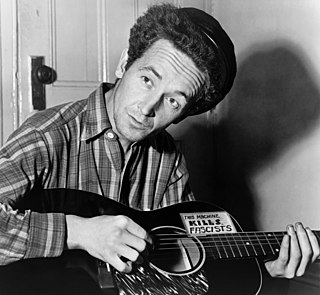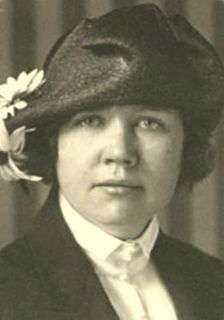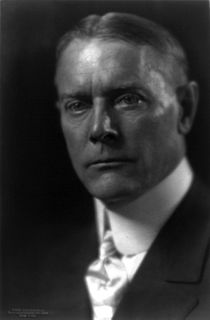Цитата Давида Рикардо
После того, как все плодородные земли в непосредственной близости от первых поселенцев были обработаны, при увеличении капитала и населения потребовалось бы больше пищи, а добывать ее можно было только с земли, расположенной не так выгодно.
Связанные цитаты
В Англии демографический взрыв можно очень четко связать с ограждением общин, которое вырвало крестьян с их земли. В Индии было то же самое: население увеличилось в конце 18 века, когда к власти пришли англичане и индийские земли были колонизированы. Вместо того, чтобы земля кормила индейцев, она стала кормить Британскую империю. Так у нас была нищета. Обездоленные люди, у которых нет собственной земли, чтобы прокормить себя, могут прокормить себя только за счет большей численности, поэтому они размножаются. Это рациональный ответ обездоленных людей.
В то время как муравьи существуют в достаточном количестве для остального живого мира, людей стало слишком много. Если бы мы исчезли сегодня, наземная среда вернулась бы к плодородному балансу, существовавшему до резкого увеличения численности населения. Лишь дюжина или около того видов, среди которых крапивница и клещ, живущий в сальных железах нашего лба, полностью зависят от нас. Но если бы муравьи исчезли, погибли бы и десятки тысяч других видов растений и животных, что почти повсеместно упростило бы и ослабило наземные экосистемы.
Там, где мало людей и много плодородной земли, способность земли обеспечивать ежегодный прирост продовольствия можно сравнить с большим резервуаром воды, снабжаемым умеренным потоком. Чем быстрее увеличивается население, тем больше будет помощи для забора воды, и, следовательно, с каждым годом будет браться все большее количество воды. Но тем скорее, несомненно, иссякнет водохранилище, а ручейки только и останутся.
Прерии превратились в пыль. День за днем, лето за летом, палящие ветры гнали пыль, и солнце медно отражалось в желтом небе. Урожай после урожая не удался. Снова и снова бесплодная земля должна быть заложена для уплаты налогов, продовольствия и семян будущего года. Агония надежд закончилась, когда не было ни урожая, ни кредита, ни денег для уплаты процентов и налогов; банкир забрал землю. Потом банк провалился.
Экономисты почти единодушны в том, что земельный налог не имеет отрицательных побочных эффектов. ...Землевладельцы должны смотреть на обе стороны медали. Применение налога к стоимости земли также означает отмену других налогов. Это настолько повысит эффективность города, что стоимость земли вырастет больше, чем увеличение налогов на землю.
Земельный налог - это вещь. Они забрались так высоко, что нет никаких шансов что-то сделать. Не только земельный, но и весь налог на имущество. Вы понимаете, почему в старые времена единственное, что они знали, как облагать налогом, была земля или дом. Что ж, это условие сохранялось довольно долго, так что даже сегодня вся страна пытается получить доход от налогов на землю. Они никогда не спрашивают, производит ли что-нибудь земля. «Это земля, не так ли? Тогда обложи ее налогом».



































